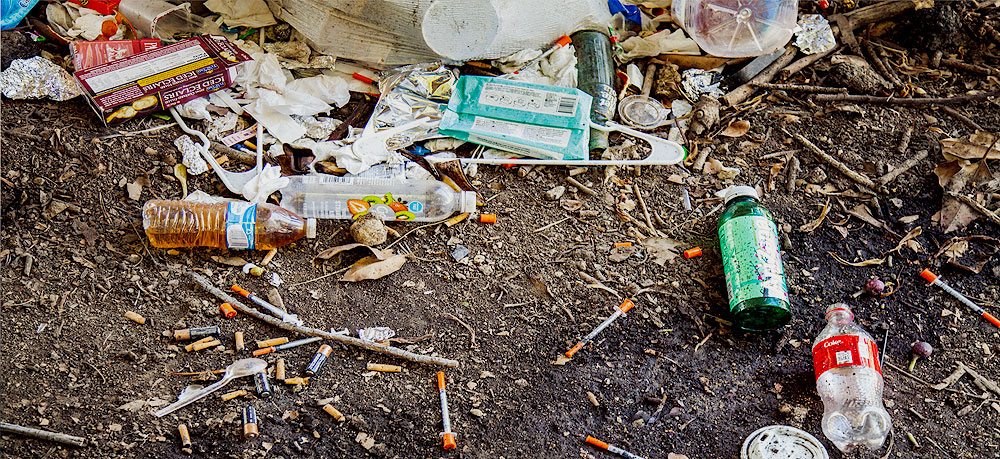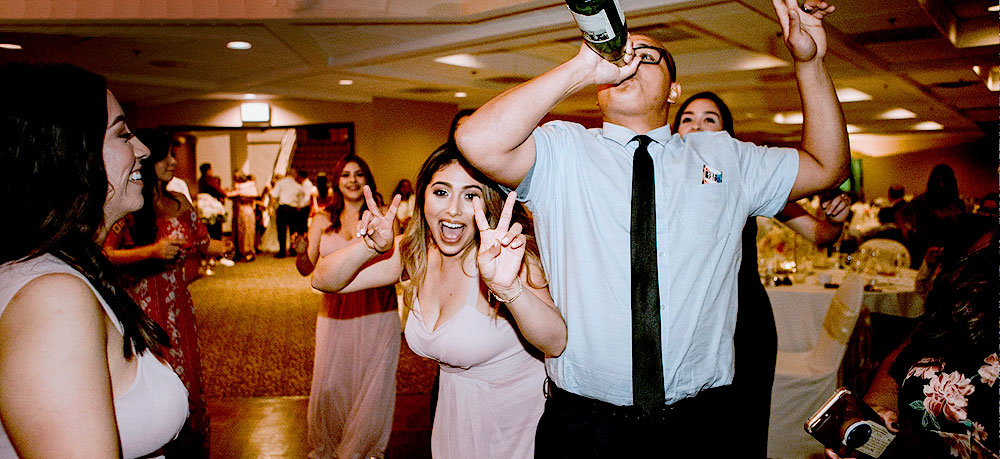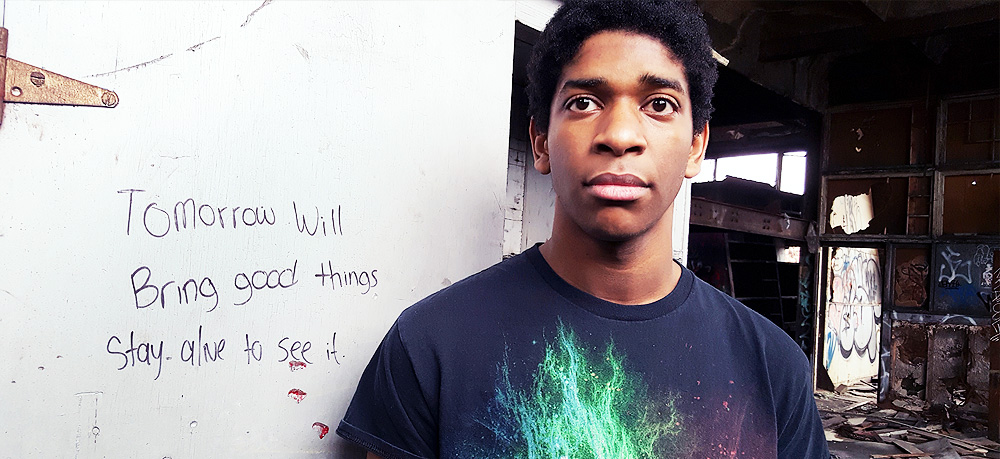The Labels We Live By: And Why Labelling People With Addiction Problems Is Complex
Modern society it seems is intent on labelling people, why do we have the need to do that? At what point did the person become the label, or did the label become the person? It’s an interesting question that can be applied to pretty much any form of human behaviour.
My name is Rowenna Clifford and I am a Cognitive Hypnotherapist & Mindfulness Coach. After an inspiring workshop on addiction and trauma delivered by two experts in the field, Chula Goonewardene and Cheda Mikic, and hosted by Melanie Cox at the HQ Therapy Rooms in Haggerston, I was left with this question in my mind and pondering how in today’s society we are so quick to define ourselves.
We do this through our actions, thoughts and behaviours, and even feel uncomfortable with the idea of not putting a label on a person or a problem.
Addiction is a word loaded with negative connotations and one which conjures up feelings of fear, disgust, hatred and anger. And there are reasons why of course, people with addictions often do bad things, and no one is excusing them here.
But it forced me to ask myself, are we labelling people here, or are we labelling their behavioural disorders? And at what point did the person become the label, or did the label become the person?
Labelling People With Addiction Problems
 Labelling People With Addiction Problems / Photo by Jonathan Gonzalez on Unsplash
Labelling People With Addiction Problems / Photo by Jonathan Gonzalez on Unsplash
Substance abuse and addiction is a complex illness that can be completely devastating to our mind, body and relationships and strip our lives bare. It is a camouflage under which trauma can hide and try to heal itself. When we operate from a place of fear or hurt, we can fall into patterns of seeking fulfilment from external sources.
Think about the last time something upset you, what was your reaction? Once the initial pain had subsided what did you reach for a glass of wine? Chocolate? Shopping? A sexual partner? Now imagine if this trauma was amplified by 100, and applied to you before the age of 6 or 10.
Would these vices still be enough to soothe the pain or would you reach for something more? Many of us will never understand the desperate desire to numb ourselves from the world in this way, and I hope you never do, and the lengths that this can drive a person to can almost show no bounds. But we can all understand the intrinsic desire to reach for a quick fix in a time of suffering.
An addict is a person just like us, fighting the same (and usually much worse) battles, but without the same tools that most people have. Many people with addiction problems have experienced deep and severe trauma, the kind that thankfully most people could not even imagine. So how can we imagine what it is like to live with the effects of these events, and how can a person be expected to act “normally”, after them?
We cannot. And when a person is suffering from an addiction, it goes beyond just physical effects. There is also the psychological addiction and the emotional toll it takes on a person.
Labelling people is something we create when we want to separate ourselves from others and assume a higher sense of worth. It is to say, “They’re bad and I know this because I am good”.
Living With The Labels We Give Other People (and ourselves)
 Living With The Labels We Give Other People / Photo by Omar Lopez on Unsplash
Living With The Labels We Give Other People / Photo by Omar Lopez on Unsplash
Indeed, labelling people based on a set of behaviours is to negate all that makes us who we are too: the complex, challenging, complicated soup of desires, fears and emotions that is the human condition, and that drives our every behaviour moment to moment. Yes, they may have stolen, yes they may well have hurt, and yes in some cases they may have done unspeakable and unimaginably horrible things (and I’m not suggesting we let them off the hook when they do).
But as human beings do we too not have the capacity to do these things? So does this not mean we are those labels too? At what point do WE become this label? And don’t these addicts also share all our other traits and capacities for love, sadness, happiness, fear, compassion, suffering, kindness, and generosity?
So maybe before we are quick to label another human being based on their actions or appearance, the questions we should ask ourselves are, “What else is this person other than the behaviour I see right now?”, and “How low do I have to go and how bad do things have to get before these behaviours become me?”. Ask yourself these questions and see what comes up, you might just find that you are not so different after all.
If you or someone you know is struggling with addiction or anything else you’d like to leave behind, please feel free to contact me via email for a chat or visit my website to find out more.


